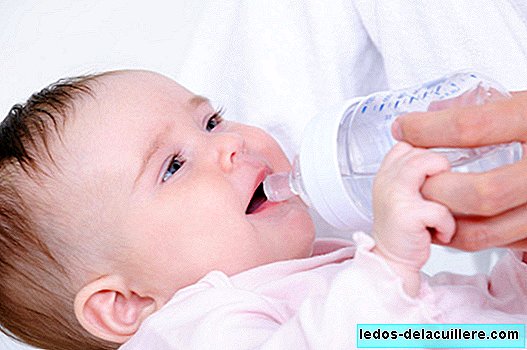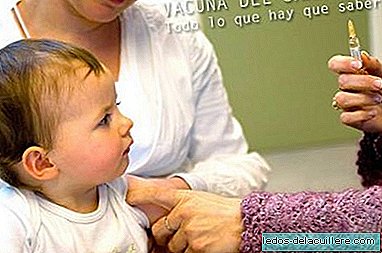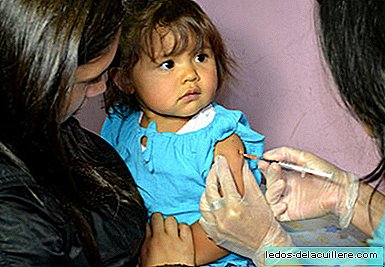
Sleep is one of the habits that is most modified during pregnancy. The action of the hormones added to the emotional changes make the rest of the future mother to be affected to a greater or lesser extent during the three trimesters of pregnancy.
According to the Spanish Society of Pulmonology and Thoracic Surgery (SEPAR), 20 percent of pregnant women suffer respiratory disturbances during sleep.
One of the most prevalent disorders is sleep apnea syndrome. 8.4 percent of pregnant women suffer in the first trimester and 19.7 percent in the third trimester.
In addition, 26.7 percent of women present apnea-hypopnea sleep syndrome (SAHS) mild in the third trimester and 4.8 percent moderate-severe SAHS. Apnea-hypopnea consists of a decrease in airflow greater than 50 percent and maintained for more than 10 seconds and which in the most severe cases can last up to 40 seconds.
Sleep apnea in pregnant women is associated with disorders of gestational hypertension and preeclampsia, and they are more prevalent in obese pregnant women. On the other hand, habitual snoring and SAHS are risk factors for the development of type 2 diabetes and also of hypertension.
Other of the most frequent sleep disorders during pregnancy are the episodes of insomnia or excessive sleepiness. The latter is common during the first trimester due to hormonal and biochemical changes that occur in the body in the first weeks of pregnancy, while insomnia usually occurs in the last stage of pregnancy due to the discomfort to sleep added to the worries before the next arrival of the baby.
As a general recommendation to prevent respiratory disturbances during sleep in pregnancy, the specialists advise not to always adopt the same position to sleep, to control the weight gain and to avoid the consumption of coffee, alcohol and antidepressants.












